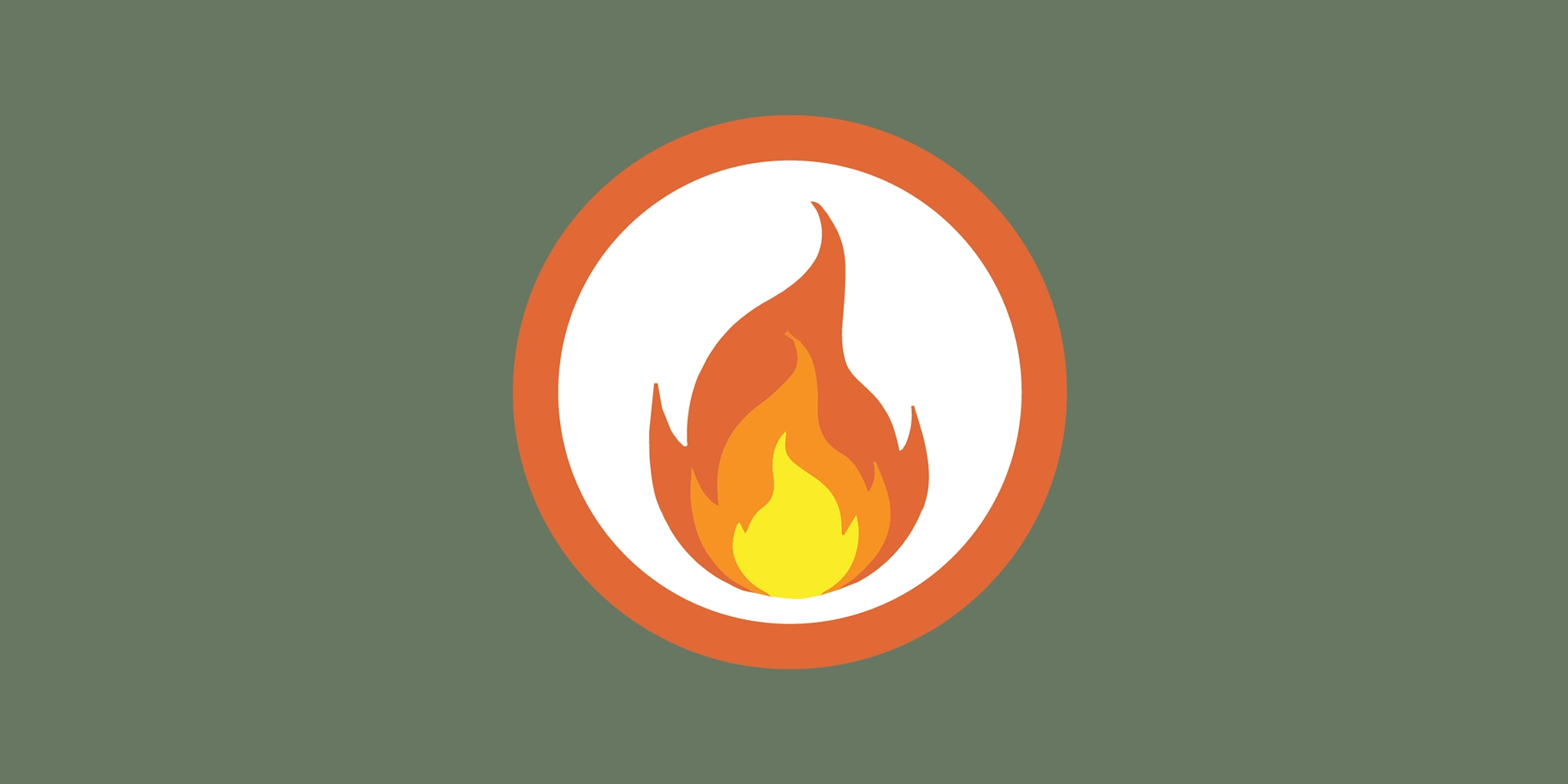
I’ve written a lot about finding freelance clients, writing great proposals, and scaling freelance businesses.
Somehow, I don’t think I’ve ever answered the fundamental question: should you go down this road in the first place?
Leaving 9-to-5 employment to become a freelancer is a major decision that can change your life trajectory forever. It’s important to know exactly what you’re getting yourself into and what your options are before you start.
How I started freelancing
For me, it was a no-brainer.
In September 2011, I was jobless and lacking direction. I divided my time between playing video games, drinking, and recovering from both activities.
In October 2011, I plunged into freelancing head-first and went at it with 100% tenacity. I had nothing to lose and everything to gain.
For most people, it is not so simple. Over the years, I’ve helped dozens of people on their path to freelancing success. Some had families to support. Some had full-time jobs and had to transition gradually. Some had no marketable skills. Some had technical skills but their English was a problem.
These are all factors to consider when you set out to answer the question: should I become a freelancer?
In this article, I aim to illuminate two paths from a 9-to-5 to full-time freelancing. Each comes with its own set of challenges. The two paths are:
- Transition gradually by freelancing part-time while keeping your job.
- Take the plunge and quit your job.
Let’s examine the pros and cons of both approaches.
Option 1: freelance part-time after work
Freelancing after you go home from your 9-to-5 job is taxing - mentally, physically, and socially.
I’ve seen people pull it off, but never underestimate how difficult it is. Typically, people will start burning out mentally after a certain amount of time in this regime, especially if they have kids and other responsibilities.
So, you’ve got a limited amount of time to make the transition. I can’t tell you exactly how much time that is for you because it depends on a lot of factors.
I’ve helped a number of freelancers push through this phase over the last decade. If you think I can help, go ahead and book a consulting call so we can plan your journey together.
In general, moonlighting after work isn’t a huge challenge. However, moonlighting with the goal of replacing work altogether is!
That’s because you inevitably reach a phase where your freelance workload grows a bit too large for casual evening work, but still a bit too small to replace your job. This period requires full focus and commitment, some sacrifices on behalf of your family, and a lot of sacrifices on your own behalf.
Two things are crucial: preparation and decisiveness.
You must prepare yourself and those around you for 70-hour workweeks. Clear your schedule. Set your hobbies aside for a while. Explain to your family that this is a transitionary period and ask them for patience.
You must be decisive when it comes time to leave your job and go all-in on freelancing. There’s a limited time span during which you can do both in parallel without  How To Avoid Burnout as a Freelancer: The 70-30 Ruleburning out. If you go past that, your health begins to suffer, the quality of your work begins to falter, and your social connections begin to dissolve.
How To Avoid Burnout as a Freelancer: The 70-30 Ruleburning out. If you go past that, your health begins to suffer, the quality of your work begins to falter, and your social connections begin to dissolve.
Option 2: quit your job and go all-in on freelancing
This option has a higher rate of success if you can manage it financially.
That’s an enormous IF though. You need to have either a significant financial runway or an immense taste for risk to quit your job before finding a single freelance client.
This approach brings finances to the forefront. But, if you can save up for a few months of runway and don’t mind working under pressure, then this might be a better (and healthier) option for you.
This option is considerably more complicated if you live in a place with high living expenses. It can take a lot of time to save up for your runway, and even more time to scale your freelance income to where it’s high enough to top your living expenses. If you’re really serious about freelancing, then moving somewhere cheaper temporarily (or even moving in with someone until you find your footing) is not out of the question.
Nobody ever said the path was devoid of sacrifices.
Family, friends, and coworkers
Telling people you’re quitting your job to go freelance is a lot easier now than it was in 2011 when I was starting out.
Back then, the most common reactions to this news were, in order:
- A look of suspicion.
- A look of concern.
- The question “ok but you’re gonna get a real job, right”.
These days, freelancing is much more common, but many people will still doubt you when you start. If there’s one thing I’ve learned from talking to many freelancers over the years, it’s this: nearly all the concerns and suspicions stop when you throw a bag of money on the table.
So don’t concern yourself with the opinions of others too much. Once you start making money as a freelancer, those same people might ask you for advice on how to do the same.
Freelancing isn’t the only option
I would be remiss if I didn’t acknowledge that there are other forms of entrepreneurship. You can quit your 9-to-5 to build a startup or a brick-and-mortar business. You can start side hustles alongside your main job and see what works. You can freelance part-time and bootstrap a startup part-time. That's what I did at one point in my career and I eventually  How I Negotiated the Sale of My Bootstrapped Businesssold the company I bootstrapped. See what works for you.
How I Negotiated the Sale of My Bootstrapped Businesssold the company I bootstrapped. See what works for you.
The possibilities are endless these days.  Can Anyone Be a Freelancer?Can you become a freelancer? Probably. There is absolutely no reason to stay at a job you don’t enjoy forever.
Can Anyone Be a Freelancer?Can you become a freelancer? Probably. There is absolutely no reason to stay at a job you don’t enjoy forever.
Whatever you decide, make sure that it matches your personality, your financial situation, and your vision of the future.
Don't miss the next blog post!
I publish a new blog post every Wednesday. Join the newsletter to get:
- One valuable email a week.
- Zero spam.
- Exclusive content not found in the blog.
- Reply directly to me with questions or feedback.
Use the form at the bottom of this pageon the right to join the newsletter.


